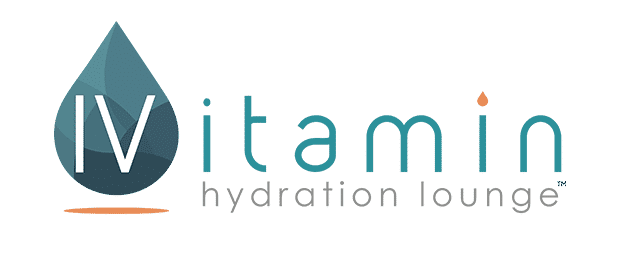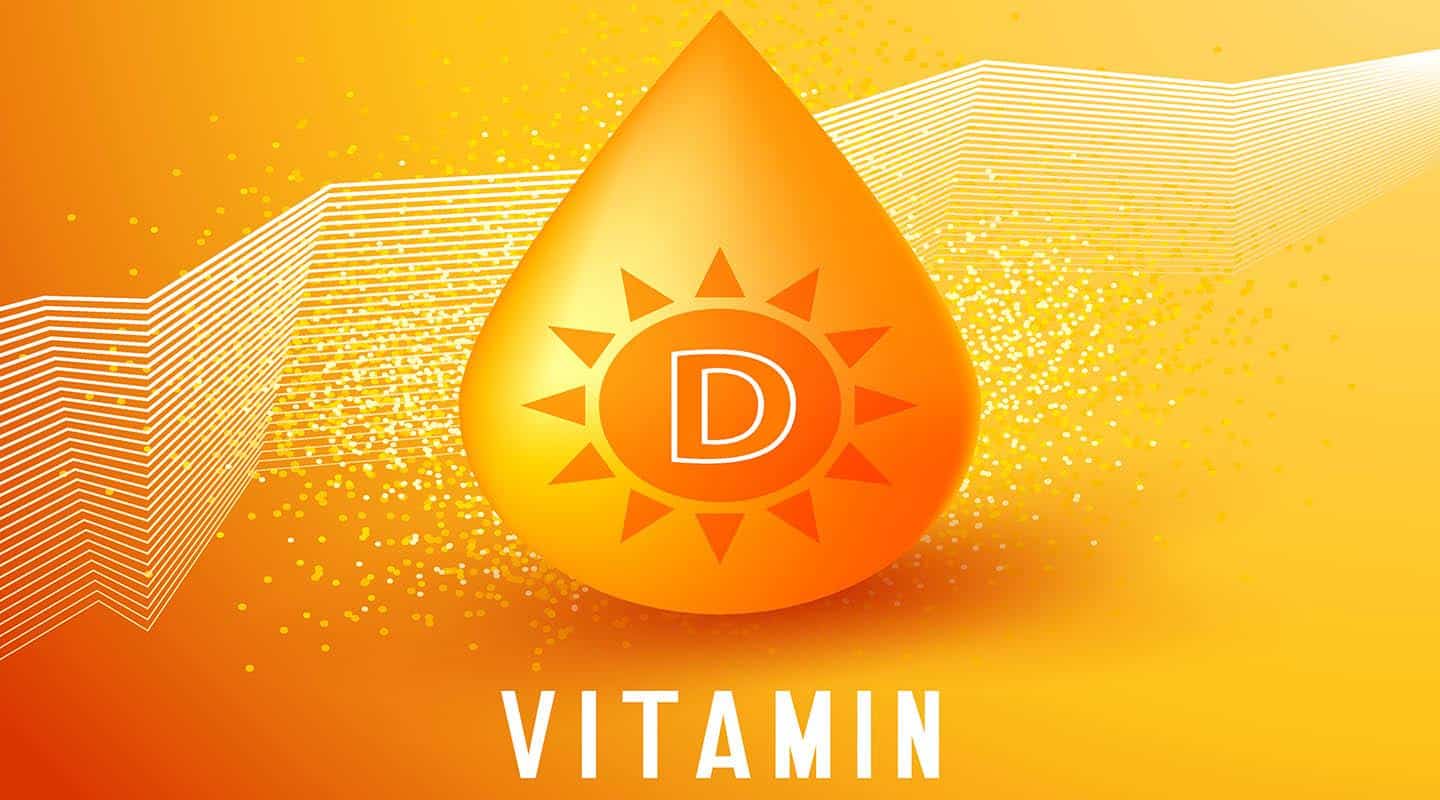It has been long understood that vitamin D has an important role in supporting healthy bones, but there have been recent studies surfacing about many other benefits of vitamin D. One of the most important attributes of vitamin D is its immune building properties, especially important in the age of COVID. We are going to dive deeper into everything you need to know about vitamin D3, specifically.
What is Vitamin D exactly?
Vitamin D3 is a prohormone and a non-essential, fat-soluble vitamin that is synthesized in the skin following UV exposure. Vitamin D3 (cholecalciferol) and vitamin D2 (ergocalciferol) are the naturally occurring forms found in supplements. Vitamin D3 has shown to be more effective than D2 for raising vitamin D status due to its great half-life. Vitamin D3 is possibly more potent than D2 due to higher affinity of its metabolites for the vitamin D receptor.
Common disorders linked to D deficiency:
Today more than half of the population is vitamin D deficient. Disorders linked to vitamin D deficiency include:
- Stroke
- Cardiovascular disease
- Osteoporosis
- Osteomalacia
- Several forms of cancer
- Auto-immune diseases such as multiple sclerosis, rheumatoid arthritis, type I diabetes, and even type 2 diabetes
How is Vitamin D made?
Vitamin D is created within the body when the sun’s ultraviolet B (UVB) rays hit cholesterol in the skin cells, providing energy for vitamin D synthesis to occur. There are not many foods that contain vitamin D, but you can find it in fatty fish, like wild Alaskan salmon and sardines, as well as some grass-fed or pasture raised organ meats from beef, bison, chicken, and lamb.
Important roles of vitamin D:
1. Helps strengthen the immune system against viral illness
Vitamin D has numerous effects on cells within the immune system resulting in decreased production of inflammatory cytokines. Vitamin D can modulate the innate and adaptive immune responses due to immune cells capability of synthesizing and responding to vitamin D. (1)
There has also been a beneficial link of vitamin D and Coronavirus. Vitamin D can suppress cytokine production by simultaneously boosting the innate immune system (thus reducing the viral load) and decreasing the overactivation of the adaptive immune system to immediately respond to the viral load. Some researchers have suggested the potential role of vitamin D in suppressing cytokine storms during the 1918- 1919 viral influenza pandemic. (2) Moreover, the role of vitamin D in enhancing immune response in flu and previous coronaviruses has been suggested.
2. Builds strong bones and prevents osteomalacia and osteoporosis
Osteomalacia refers to marked softening of the bones, most often caused by severe vitamin D deficiency. Vitamin D is necessary for strong bones and muscles, without it, our bodies cannot effectively absorb calcium, which is essential for good bone health. Osteoporosis is a disease in which the density and quality of bones is reduced.
3. Supports brain, nervous system health, and mood
Vitamin D activates and deactivates enzymes in the brain and cerebrospinal fluid that are involved in neurotransmitter synthesis and nerve growth. Studies suggest that vitamin D also protects neurons and reduces inflammation. Scientists discovered that the lower the subjects’ vitamin D levels, the more negatively impacted was their performance on mental tests compared with those with optimum vitamin D levels.
Research has shown that vitamin D may also play an important role in regulating mood and warding off depression. In one study (3), scientists found that people with depression who received vitamin D supplements noticed an improvement in their symptoms.
4. Regulates insulin levels and supporting diabetes management
Vitamin D is believed to help improve the body’s sensitivity to insulin- the hormone responsible for regulating blood sugar levels, thus reducing the risk of insulin resistance, which is often a precursor to type 2 diabetes. (4) Studies conducting a meta-analysis and review of the impact of vitamin D and calcium on glycemic control in patients with type 2 diabetes concluded that insufficient vitamin D and calcium appears to hinder glycemic control. Supplementing both nutrients may be necessary to optimize glucose metabolism. (5)
5. Supports lung function and cardiovascular health
Studies have shown that vitamin D helps protect against respiratory infections by boosting levels of antimicrobial peptides, natural antibiotic-like substances in the lungs. There are also a growing number of studies that point to vitamin D deficiency as risk factors for heart attacks, congestive heart failure, peripheral arterial disease (PAD), strokes, and other conditions associated with cardiovascular disease, such as high blood pressure. (7)
6. Influences the expression of genes in cancer development
There is growing evidence that vitamin D might slow or help prevent the development of cancer, including promoting cellular differentiation, decreasing cancer cell growth, stimulating cell death, and reducing tumor blood vessel formation. Observations have shown that vitamin D has a beneficial effect on risk of colon, prostate, and ovarian cancer. (8)
How can you supplement to boost your levels of Vitamin D?
Vitamin D deficiency can be detected through a blood test administered by your doctor or our nurse practitioner at IVitamin. We offer a simple and quick blood spot test where your finger is pricked and the blood sample is sent off for analysis. We are pleased to offer a new vitamin D3 IM injection package offered in a four-week series protocol as an intramuscular shot (one shot per week for four weeks). You can expect your levels to peak at month 3, last approximately 6 months and re-evaluate with your doctor or our nurse practitioner to see if you should continue the supplementation.
- Option 1 – 4 weeks of 25k IU dose, anyone can do this dose and without any lab work
- Option 2 – 4 weeks of 50k IU dose, *must get vitamin D bloodspot lab test first, available here at IVitamin or bring lab work from your doctor*
We also carry an oral liposomal vitamin D formulation that provides superior absorption. Cheers to vitamin D!
- https://www.ncbi.nlm.nih.gov/pmc/articles/PMC3166406/#:~:text=Vitamin%20D%20can%20modulate%20the,an%20increased%20susceptibility%20to%20infection
- https://www.medrxiv.org/content/10.1101/2020.04.08.20058578v4.full.pdf
- https://www.scientificamerican.com/article/does-d-make-a-difference/#:~:text=%E2%80%9CWe%20also%20know%20vitamin%20D,protects%20neurons%20and%20reduces%20inflammation.
- https://onlinelibrary.wiley.com/doi/full/10.1111/j.1365-2796.2008.02008.x
- https://www.ncbi.nlm.nih.gov/pmc/articles/PMC4776554/
- https://pubmed.ncbi.nlm.nih.gov/17389701/
- https://www.sciencedaily.com/releases/2017/02/170216110002.htm
- https://pubmed.ncbi.nlm.nih.gov/16024246/
- https://pubmed.ncbi.nlm.nih.gov/11815408/
- https://pubmed.ncbi.nlm.nih.gov/17721433/
JOIN OUR COMMUNITY
Receive tips on wellness and nutrition, healthy food recipes, amazing workouts, events that bring our community together, and special offers directly to your inbox!
Contact & Visit
Hours of Operation:
Tuesday- Thursday: 10am-4pm*
Friday- Monday: 10am-6pm*
* We seat the last patient 15 minutes before close time





